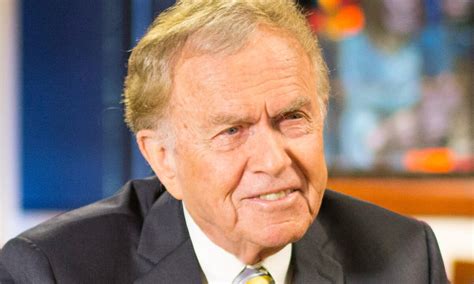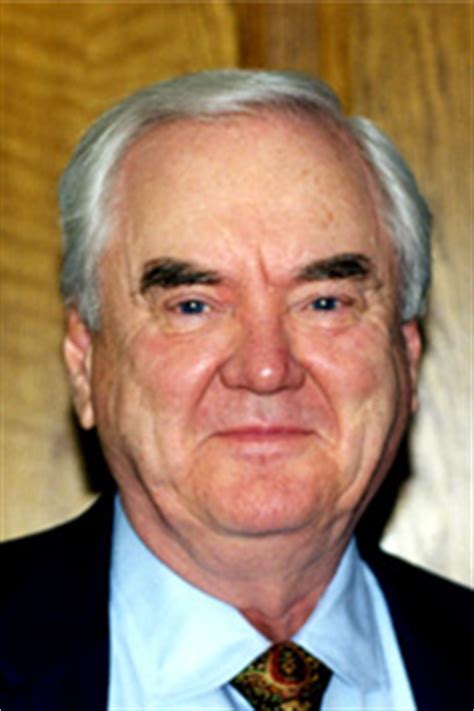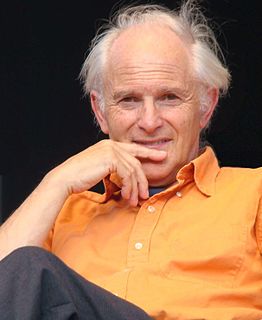A Quote by John Stott
There is evidence for the deity of Jesus -- good, strong, historical , cumulative evidence; evidence to which an honest person can subscribe without committing intellectual suicide.
Related Quotes
If there were even one spark of evidence from antiquity that Jesus even may have gotten married, then as a historian, I would have to weigh this evidence against the total absence of such information in either Scripture or the early church traditions. But there is no such spark-not a scintilla of evidence-anywhere in historical sources. Even where one might expect to find such claims in the bizarre, second-century, apocryphal gospels...there is no reference that Jesus ever got married.
If all the evidence is weighed carefully and fairly, it is indeed justifiable, according to the canons of historical research, to conclude that the sepulcher of Joseph of Arimathea, in which Jesus was buried, was actually empty on the morning of the first Easter. And no shred of evidence has yet been discovered in literary sources, epigraphy, or archaeology that would disprove this statement.
I picture the evidence for the deity of Jesus to be like the fast-moving current in a river. To deny the data would be like swimming upstream against the current. That doesn't make sense. What's logical, based on the strength of the case for Christ, is to swim in the same direction the evidence is pointing by putting your trust in Jesus as your forgiver and leader.
I destroy because for me everything that proceeds from reason is untrustworthy. I believe only in the evidence of what stirs my marrow, not in the evidence of what addresses itself to my reason. I have found levels in the realm of the nerve. I now feel capable of evaluating the evidence. There is for me an evidence in the realm of pure flesh which has nothing to do with the evidence of reason. The eternal conflict between reason and the heart is decided in my very flesh, but in my flesh irrigated by nerves.
There is not a morsel of evidence backing up any of the claims or any of the narratives or any of the premises that make up today's news. There is not a morsel of evidence on anybody. There's not a morsel of evidence on Flynn! On Manafort! On Carter Page! There's no evidence on Trump! And yet the reporting goes on. Convicted of high crimes already without a trial. It's a great piece by Eli Lake.
It was while I was studying philosophy that I came to understand. . . that it is no sign of moral or spiritual strength to believe that for which one has no evidence, neither a priori evidence as in math, nor a posteriori evidence as in science. . . . It's a violation almost immoral in its transgressiveness to shirk the responsibilities of rationality.
When you're dealing with a problem as complex as autism, you have to look at it from many different points of view and assemble evidence from many different vantage points. Biological evidence in humans and in animals, toxicologic evidence, how does the body deal with toxins, and evidence looking at the actual experience in populations.
































